Information Technology
NQF Level:
Credits:
Minimum Duration:
Faculty:
Department:
Accreditation Authority:
Why Choose This Qualification?
Admission Requirements.
- An NQF Level 3 qualification or equivalent.
- Relevant industry experience may qualify through Recognition of Prior Learning (RPL).
Qualification Structure.
- Semester 1: Communication, hardware, software, and mathematics modules.
- Semester 2: Advanced programming, database concepts, and web applications.
Learning Outcomes.
- Communicate proficiently with IT teams and end-users.
- Understand diverse computer systems and their business applications.
- Utilize effective problem-solving techniques.
- Develop foundational programming knowledge.
- Work collaboratively on IT projects.
International Comparability.
Qualification Modes of Delivery and Support.
- Contact Learning: In-person classes.
- Blended Learning: Online and face-to-face sessions.
- Distance Learning: Self-paced study with virtual labs and software.
Career Opportunities.
- Junior Software Developer
- IT Support Technician
- Systems Analyst Assistant
- Web Developer
- Technical Documentation Writer
Articulation Options.
- Horizontal: National Certificate in IT: Systems Support (NQF Level 4).
- Vertical: National Diploma in IT: Systems Development (NQF Level 6).
- Diagonal: Advanced Certificate in Future Technologies & Innovation (NQF Level 6).
Ensure Compliance, Empower Financial Accuracy.
With the Occupational Certificate in Tax Technology, you’re not just earning a qualification—you’re stepping into a crucial role in maintaining tax compliance and supporting financial accuracy. Gain the expertise to manage tax calculations, ensure VAT and payroll compliance, and navigate complex tax regulations with confidence.
Don’t wait to become an essential part of the financial sector.
Enroll today and build a career where you secure financial integrity and guide clients with precision!




